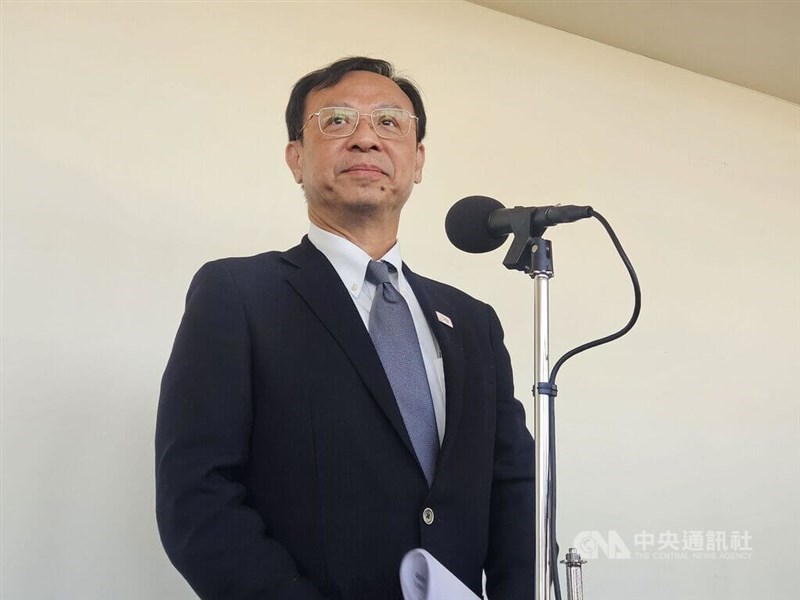
Taipei, Oct. 13 (CNA) Health Minister Shih Chung-liang (石崇良) said Monday that the availability of generics and imports means the withdrawal of 47 essential drugs from the Taiwan market this year is not expected to cause shortages.
As of September 2025, the makers of 47 drugs classified as essential under the Pharmaceutical Affairs Act have given the legally required six-month notice of their intention to end local sales, according to data from the Taiwan Food and Drug Administration (TFDA).
Shih told local media that there are generics available in Taiwan for 46 of the 47 drugs.
Only one drug -- Padagis' injectable form of cyclosporine, an immunosuppressant used in organ transplants -- currently lacks a locally approved alternative, Shih said.
Roughly 48,000 doses of injectable cyclosporine are used annually in Taiwan, but Shih said Padagis has agreed to continue supplying the medication until the end of next year.

Meanwhile, the Ministry of Health and Welfare plans to replenish supplies of Padagis' version of the drug and suitable generics through project-based imports, he added.
In response to drug shortage concerns, the TFDA is planning legal amendments requiring all drugs -- not just those classified as essential -- to give a six-month notice before leaving the Taiwan market.
The changes would also stipulate the agency's authority to uniformly modulate drug supply during shortages to prevent panic buying or hoarding and to stabilize availability, Shih said.
The TFDA will also make short-term alternative drugs eligible for the drug injury relief system to protect users' rights, he added.
National Health Insurance Administration (NHIA) Deputy Director-General Chen Lian-yu (陳亮妤) said in a text statement Sunday that the administration has set up a contact point with the TFDA to discuss strategies for responding to drug shortages and to release information to the public so that medical institutions can prepare accordingly.
The NHIA will also support local production of generics and biosimilars by offering favorable prices, Chen said.
A mechanism to raise drug prices for suppliers to better reflect manufacturing costs will also be implemented to ensure sufficient supply, she added.
In response to concerns from medical professionals that the NHIA's drug price negotiation system may lead to more withdrawals, TFDA Director-General Chiang Chih-kang (姜至剛) told local media Saturday that other factors, including market scale, cost considerations, and strategic adjustments, also play a role.
He said global medication supply chains are trending toward local manufacturing, a direction that Taiwan is actively pursuing to strengthen resilience in the pharmaceutical sector.
- Society
Taipei rally voices migrant workers' anger over work-year limit
12/07/2025 09:34 PM - Society
U.S. vaccine rollback 'regressive,' requires Taiwan vigilance: Expert
12/07/2025 09:15 PM - Society
Firefighters extinguish blaze at Sanxia chemical factory
12/07/2025 09:13 PM - Society
Man arrested for ax attack against police officer detained
12/07/2025 09:02 PM - Business
For TSMC employees in Phoenix, Taiwan Mama delivering taste of home
12/07/2025 06:51 PM